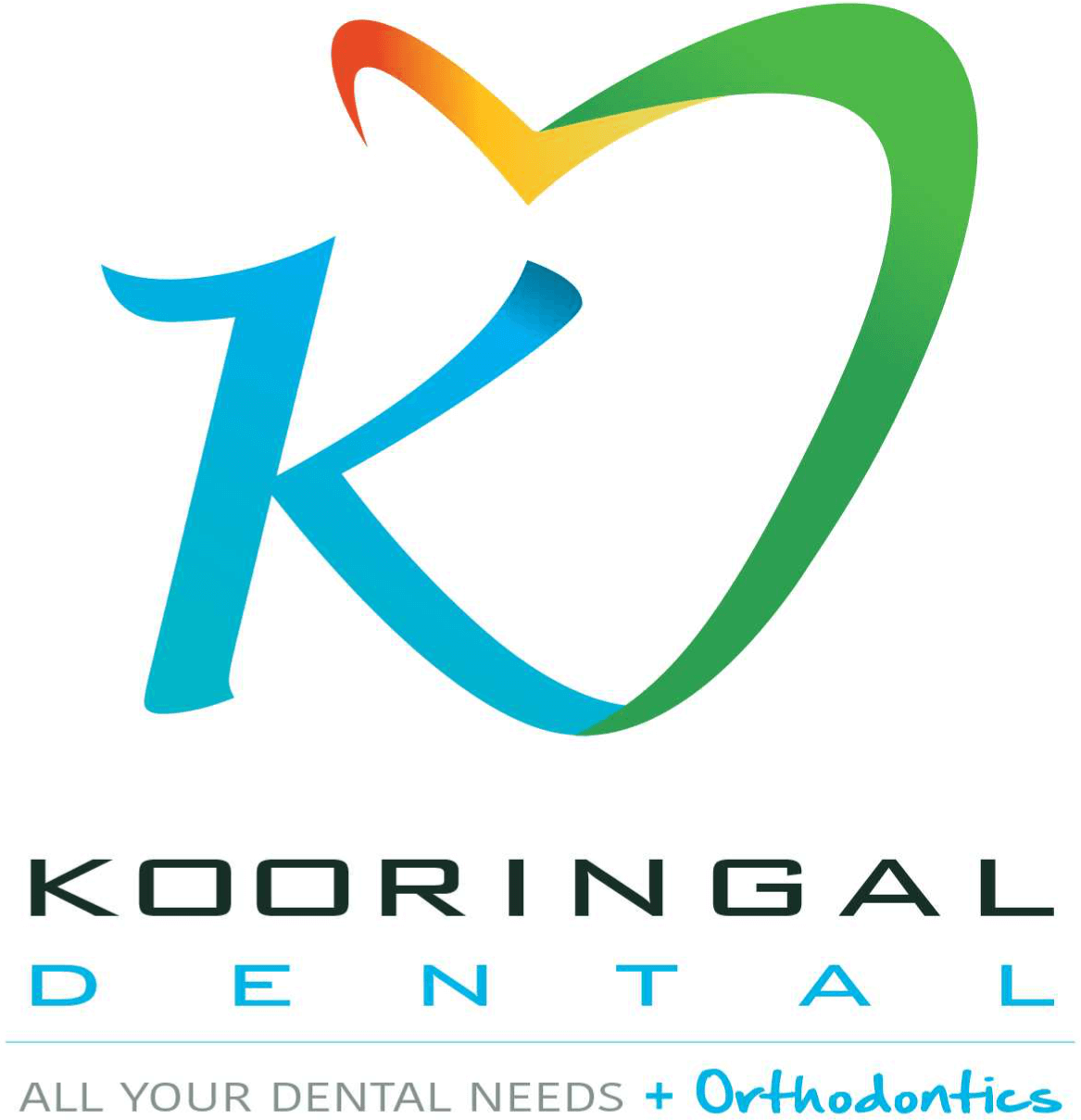When it comes to restoring lost teeth, there are now more options available than ever before.
And, unlike more traditional restorative procedures such as dentures or fitted bridges, these newer options also feel like real teeth in your mouth!
You may have heard that dentures can rub and that fitted bridges can put pressure onto the natural teeth that they are attached to; both of these are true and many patients who have worn these prosthetics for a while can attest to these statements. A change was needed in the area of lost teeth and now, the answer is here and is making great strides with patients.
At Kooringal Dental, we are proud to be able to offer suitable patients dental implants in Wagga. Fitted to the jaw, these titanium screws act as a false root and a prosthetic tooth or teeth are placed on top. Secure, sturdy and looking as natural as real teeth, it is easy to see why oral implants are so popular.
But if you are not entirely new to this area, you may have heard some rumours which have led you to have some questions about the procedure. Here, our implant team answers your top 5 FAQs about dental implants in Wagga.
Do they hurt?
It is easy to understand why many patients worry that dental implants in Wagga will hurt.
Of course, we will ensure that your gums are numbed before the fitting and once the anaesthetic wears off, you will feel some discomfort. It should be no worse than a regular dental extraction and if you need to take pain relief, we suggest paracetamol.
If the discomfort worsens, contact our team immediately.
How long does the process take?
The fitting of a single implant can take over an hour but the process of going from this to the prosthetic teeth being fitted can take up to 6 months, as the implant needs to fuse with your jaw bone before we can fit the prosthetic.
I’ve read there are different kinds of implants- is this true?
Yes; the standard implant is known as an endosteal implant, but there are also options for patients who have less jaw bone. These include subperiosteal, micro (or mini) implants and zygomatic; zygomatic can only be used to secure teeth on the upper jaw.
How long do they last on average?
Provided you attend dental check-ups every 6 months and care for your implants as you would your regular teeth, they can last up to and over 20 years.
Is there any aftercare tips that can speed up the healing time?
To encourage faster healing after an implant has been fitted, do not brush around the implant site and keep the area clean with salt water.
Do not smoke or drink alcohol and avoid eating hard foods for at least 2 weeks. Resist the urge to poke the implant with your finger and keep an eye out for signs of infection, such as swelling, redness, bleeding or prolonged discomfort.
DISCLAIMER
All treatment carries risks. Individual consultation is required with one of our practitioners to ensure that the treatment is right for you.


